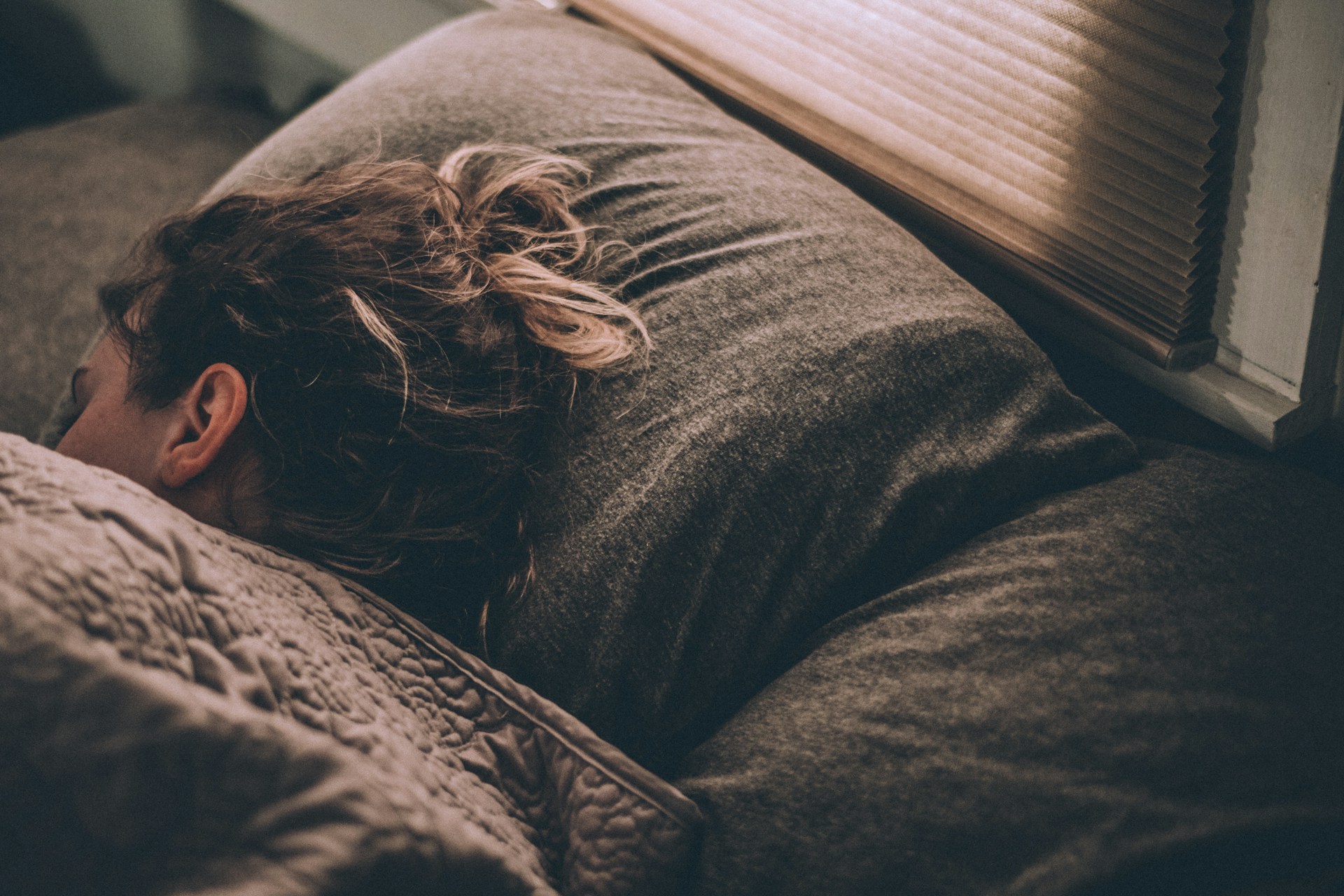
18 Sep How to Improve Sleep for Your Mental Health
How to Improve Sleep for Your Mental Health
Sleep plays a crucial role in maintaining both physical and mental health, but it can often be sacrificed in the name of productivity and social obligations. Sleep is essential for mental well-being and while we’ve all heard that it should be prioritized, here’s some practical tips to do just that.
Why Sleep is Critical for Mental Health
1. Emotional Regulation
When we don’t get enough sleep, the emotional centers of our brain become more reactive. Studies show that sleep deprivation increases activity in the amygdala, the brain’s emotional response center, making us more susceptible to mood swings, irritability, and anxiety. Regular, restorative sleep helps regulate these emotions and keeps our mood balanced.
2. Cognitive Function
Lack of sleep significantly impacts cognitive processes like attention, concentration, memory, and problem-solving. Over time, chronic sleep deprivation can lead to difficulty focusing and retaining information, which may exacerbate feelings of stress or anxiety.
3. Mental Health Disorders
Sleep and mental health are closely interconnected. Poor sleep is linked to an increased risk of developing mental health conditions such as depression, anxiety, and bipolar disorder. In turn, mental health issues can lead to disrupted sleep, creating a vicious cycle. Prioritizing sleep can help break this loop and improve mental well-being.
4. Stress Reduction
When you’re well-rested, your body is better equipped to handle stress. During sleep, the body goes through processes that help lower cortisol levels, the stress hormone. Consistently good sleep strengthens your body’s ability to manage stress, making you more resilient in the face of life’s challenges.
How to Improve Your Sleep
Improving sleep doesn’t have to be complicated. By incorporating some simple strategies, you can boost the quality and duration of your rest, which will have lasting benefits for your mental health.
1. Stick to a Consistent Sleep Schedule
Going to bed and waking up at the same time every day helps regulate your body’s internal clock (circadian rhythm). Over time, this makes it easier to fall asleep and wake up naturally, reducing the feeling of grogginess in the mornings.
Tip: Try to maintain your schedule even on weekends. Though tempting, sleeping in can disrupt your rhythm and make it harder to fall asleep at night.
2. Create a Relaxing Bedtime Routine
Engage in calming activities before bed to signal your brain that it’s time to wind down. This could include reading, meditating, taking a warm bath, or practicing gentle stretches. A consistent, relaxing routine can ease the transition from wakefulness to sleep.
Tip: Avoid stimulating activities, such as watching TV or using electronic devices, at least an hour before bed, as the blue light from screens can interfere with melatonin production.
3. Optimize Your Sleep Environment
Your bedroom should be a sleep sanctuary. Make sure the room is cool, dark, and quiet. Investing in a comfortable mattress, pillows, and bedding can also greatly improve your sleep quality.
Tip: Consider using blackout curtains or an eye mask to block out light, and earplugs or a white noise machine to minimize disruptive sounds.
4. Limit Caffeine and Alcohol
Caffeine and alcohol can interfere with sleep quality. While caffeine is a stimulant that can keep you awake, alcohol may help you fall asleep initially but disrupts your sleep cycle later in the night.
Tip: Try to avoid caffeine after midday and limit alcohol consumption, especially close to bedtime.
5. Be Mindful of Food and Drink
Heavy meals or excessive fluid intake right before bed can lead to discomfort or frequent trips to the bathroom, interrupting your sleep.
Tip: If you need a snack before bed, opt for something light and sleep-promoting, like a banana or a small handful of nuts.
6. Get Regular Physical Activity
Exercise has been shown to improve both the quality and duration of sleep. However, try to avoid vigorous exercise close to bedtime, as it might energize you and make it harder to fall asleep.
Tip: Aim for at least 30 minutes of moderate physical activity during the day, but finish your workout at least a few hours before bed.
Sleep is an essential pillar of mental health. Prioritizing good sleep hygiene not only enhances your mood, focus, and emotional resilience but also reduces the risk of developing mental health disorders. By making small, consistent adjustments to your daily habits, you can improve your sleep and, in turn, your overall mental well-being.
Sources
Sleep Foundation, Mental Health and Sleep
American Psychiatric Association, Sleep Timing Can Be Important
Harvard Health, Sleep and Mental Health

